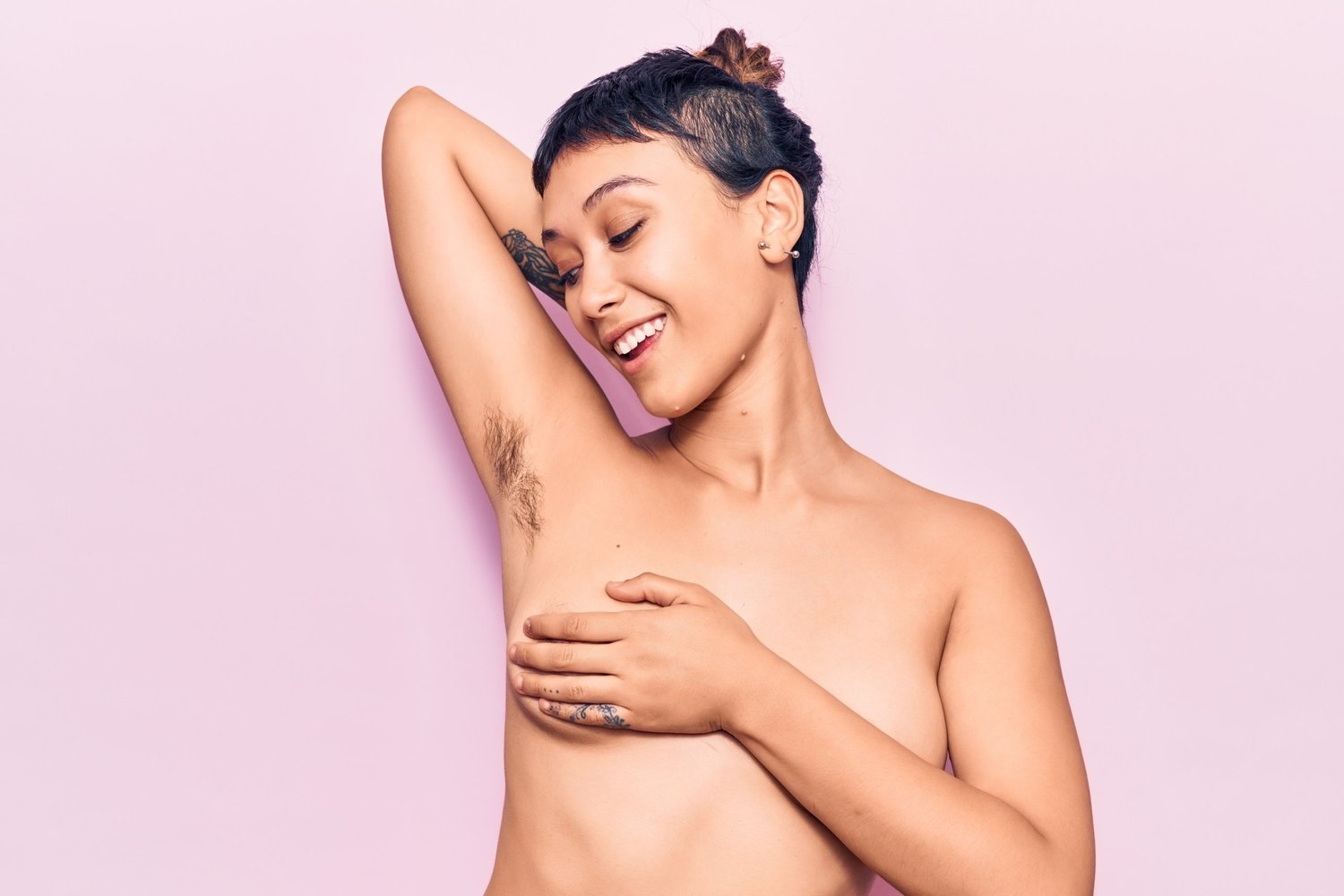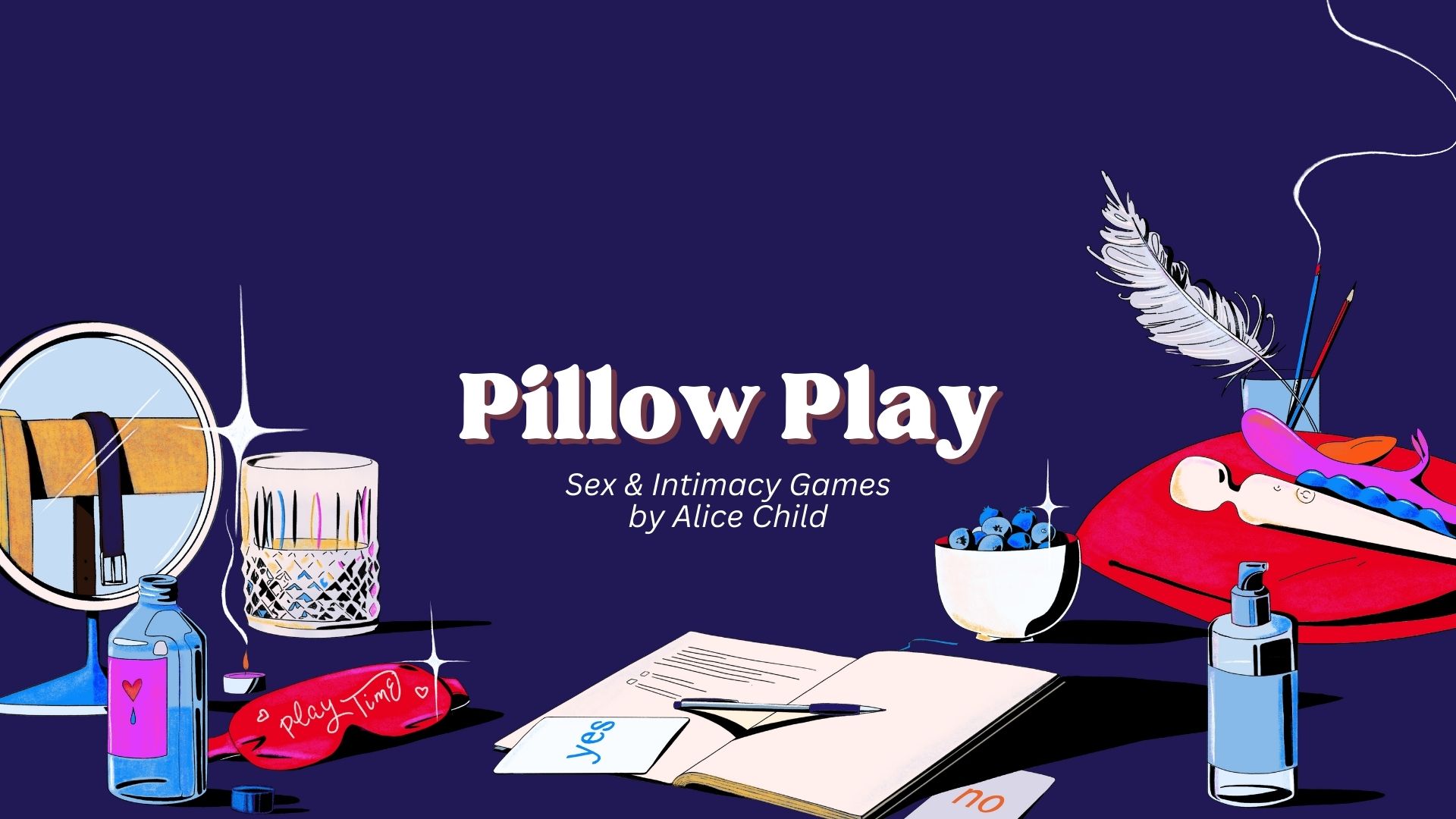
Time to move on from insecurities: Global Dove research shows growing body shame around underarms
A recent study conducted by care beauty brand Dove has highlighted our sensitivities around how we view our underarms. The study, which aims ‘to free women from underarm inhibitions so they can fully and confidently participate in life’ has highlighted some unfortunate stats around how this lack of confidence impacts womens day to day lives.
The research was conducted with 7120 women aged 18-64 in seven countries: Brazil, China, India, Indonesia, South Africa, the United Kingdom and the United States.
Dove’s study unearthed results that although disappointing, were not surprising. 7 in 10 agree that women are under pressure to look a certain way.
The ramifications of not meeting these beauty ideals are far-reaching, with a quarter (23%) of all women globally feeling dissatisfied with their overall appearance. This dissatisfaction is not limited to one aspect of women’s appearance: it encompasses the 4 in 10 (40%) globally who are dissatisfied with their weight, to the third (35%) who are dissatisfied with their waist, down to the quarter (25%) who are dissatisfied with their chest or breasts.
The pressure effecting 7 out of 10 women is immense, as is the catalyst for the almost entire cosmetics industry. As the Dove study points out, even underarms are not exempt from this scrutiny. While underarms are not a body part that women are primarily concerned with, a quarter (23%) are dissatisfied with the appearance of their underarms.
This inhibition cause by how certain parts of society expect our underarms to look isn’t just appearance focused, but also effects many womens day to day life. Underarm appearance concerns and inhibitions punctuate 1 in 5 (20%) women’s lives on a regular basis.
- Women have felt bad about the appearance of their underarms while Exercising (56%)
- Socialising (53%)
- At work (47%)
- In romantic situations (47%)
Concern about the appearance of their underarms negatively impacts women emotionally in many ways o 7 in 10 (72%) have felt self-conscious while 7 in 10 (68%) have felt embarrassed.
The report concludes with next steps, and says “Women want to claim agency and exercise more control over what they do with their underarms.”
This is completely correct, yet the report highlights one very important part; that no matter how we change our appearance something else is always going to pop up that society has deiced that moment is unacceptable. Look at thigh dips, dimples, thigh gaps, freckles and even knuckles. These are all things recently that have society has either decided is ‘in’ or ‘out’ - What we should be doing, instead of looking at ways we can alter ourselves is to stop listening to people who say we need to do it in the first place.
Although it’s not a magic pill to wake up and somehow stop caring what society thinks about the way you look, but the best way to start is to limit the people and places that make you feel like you need to.
Related Posts
Dating in 2020: Bumble’s NZ Country Head talks Kiwi love in Lockdown
How lockdown effected our ability to get lucky
Pillow Play: The Latest In Valentines Entertainment
In a world where maintaining a healthy and fulfilling intimate relationship is increasingly challenging, a new initiative called “Pillow Play” is taking center stage. Developed by Alice Child, a renowned Somatic Sexologist and Sex Counsel
How getting past disconnected sex starts with yourself
Why ultimately, we are responsible for our own pleasure
7 Ways to Protect Your Wellbeing This Christmas
Ready why you aren't alone when it comes to Christmas stress
Kiwis turn to books for self-love this Valentine’s Day
Kiwis are more dedicated to self-love this Valentines Day
Horny Kiwi men top global partner charts
Our horny kiwi men take the top chart again







